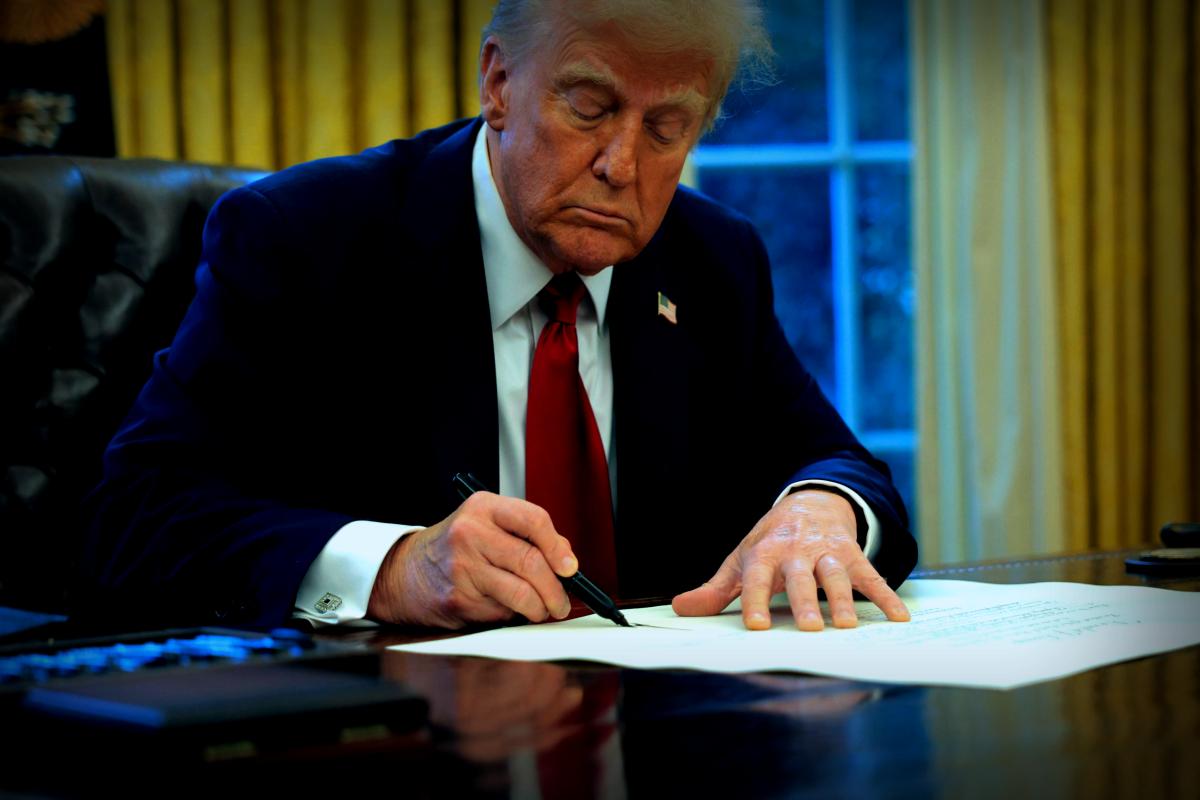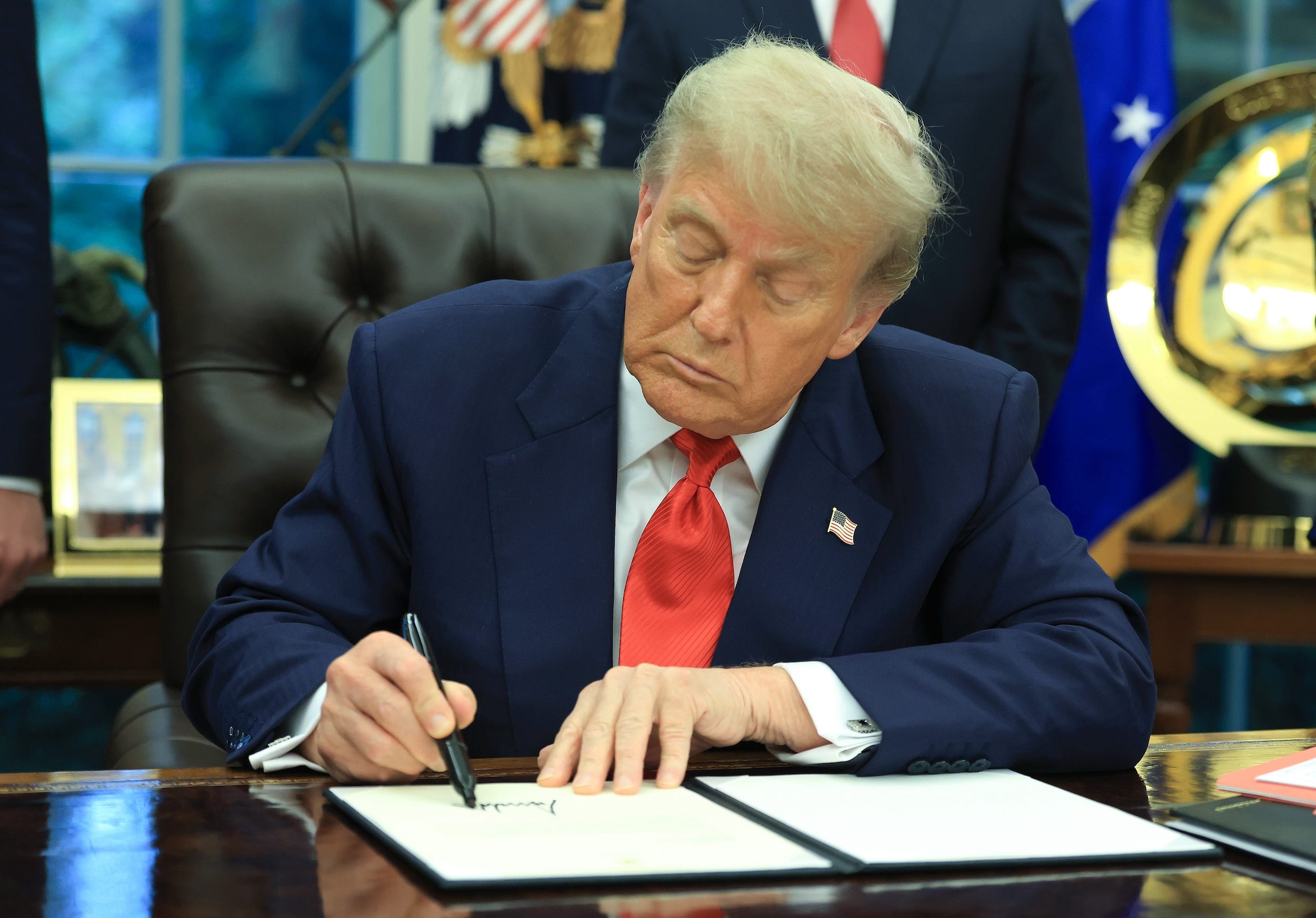- Trump’s executive order simplifies private equity investments for retirement plans.
- Private equity firms are pushing for access to the $12 trillion 401(k) market.
- Experts warn that this could pose new risks to retirement investment stability.
Thanks to recent orders from President Donald Trump, your 401(k) might soon blend stocks and bonds with a sprinkle of private equity investments.
On Thursday, White House officials announced that the president signed an executive order aimed at making alternative investments, including private equity, more accessible for 401(k) accounts. This change means that something that used to be exclusive for seasoned investors could now be available to everyday people.
This move, however, has put many experienced financial pros on high alert. A typical 401(k) is designed to be stable and relatively low-risk, while private equity tends to rely on a limited selection of invested companies, is less liquid than stocks or bonds, and often faces valuation challenges.
While it doesn’t completely surprise those keeping an eye on private equity trends, the situation is still unsettling. Experts like Jeffrey Hooke, a professor at Johns Hopkins Carey Business School, are calling it a bad idea. He argues that private equity investments are high-fee and mostly lag behind the stock market.
“This isn’t a smart choice for the everyday investor,” Hooke emphasized.
A Shift We Saw Coming
The inclusion of private equity in retirement portfolios reflects an ongoing trend of blurring the lines between public and private markets.
Firms in the private equity space saw rapid development during the pandemic, snapping up companies with borrowed money. However, as interest rates rise, these firms now look toward accessing the massive $12 trillion 401(k) sector for liquidity.
Brian Payne, a private markets strategist at BCA Research, compared this development to seeking “an exit ramp” amid current challenges faced by private equity.
Regular exit options—like selling to a public company or a rival private equity firm—have become scarce.
According to a PwC report, thousands of private equity exits have been postponed due to this slow market, leading funds to feel pressure from their limited partners for share of returns on investments.
Consequently, private equity firms have been lobbying the Trump administration intensely. Other options, such as private credit and real estate, may soon follow this path to retail investors too.
What’s at Risk?
Private equity often delivers higher returns due to its less liquid approach, meaning these investments can be locked in for long periods, sometimes a decade or more. Retail investors usually want quicker access to their funds, which can cut into potential returns from private equity, as noted by Payne.
Not to mention steep management fees that could further drag down profit margins.
Hooke warns that this could mean retirement plans become less effective long-term. “As people reach retirement, after 20 to 30 years of investing, the returns might fall short of expectations,” he stated.
Even though retirement accounts usually entail longer time horizons—reducing the need for immediate access to funds—Payne raises the flag about potential risk factors, like a downturn that increases unemployment and forces folks to withdraw from their 401(k)s.
Concerns about retail investors entering private markets have also been echoed by Moody’s Investors Service, which highlights systemic risks that might arise.
Though Payne and Hooke express doubts about private equity’s place within retail portfolios, it’s predicted to make up only a small fraction—about 10%—of retirement assets over the long haul. This might keep most Americans from feeling the brunt of any extreme fluctuations.
Glenn Schorr, a research analyst at Evercore ISI, remarked that companies are likely to think twice before diving into private equity investments.
Still, mixing complex assets like private equity into retirement plans certainly poses risks.
Payne summed it up well: “When retail money enters complicated, opaque markets, with a whole different set of liquidity demands, risks, and strategies, it usually doesn’t end on a good note.”
Original article information sourced in earlier research by Christine Ji.





















